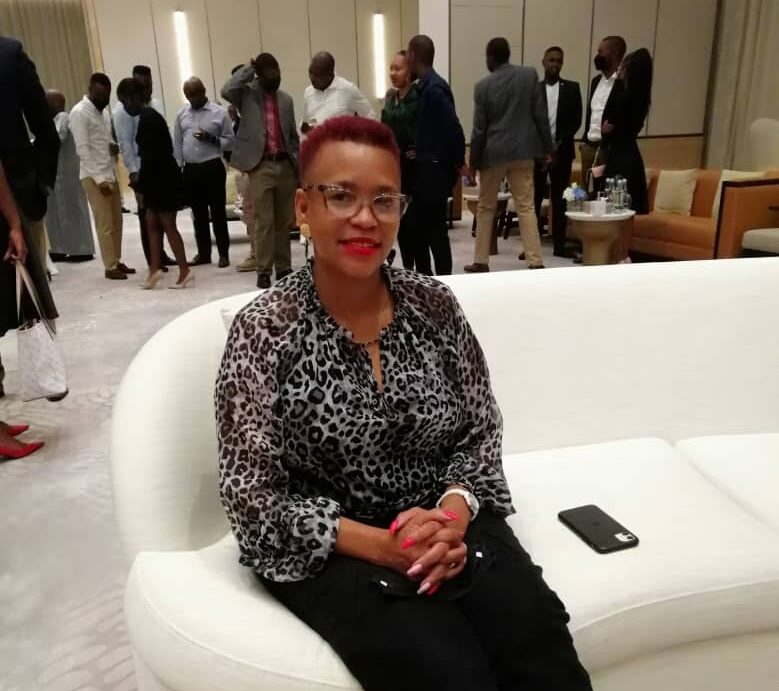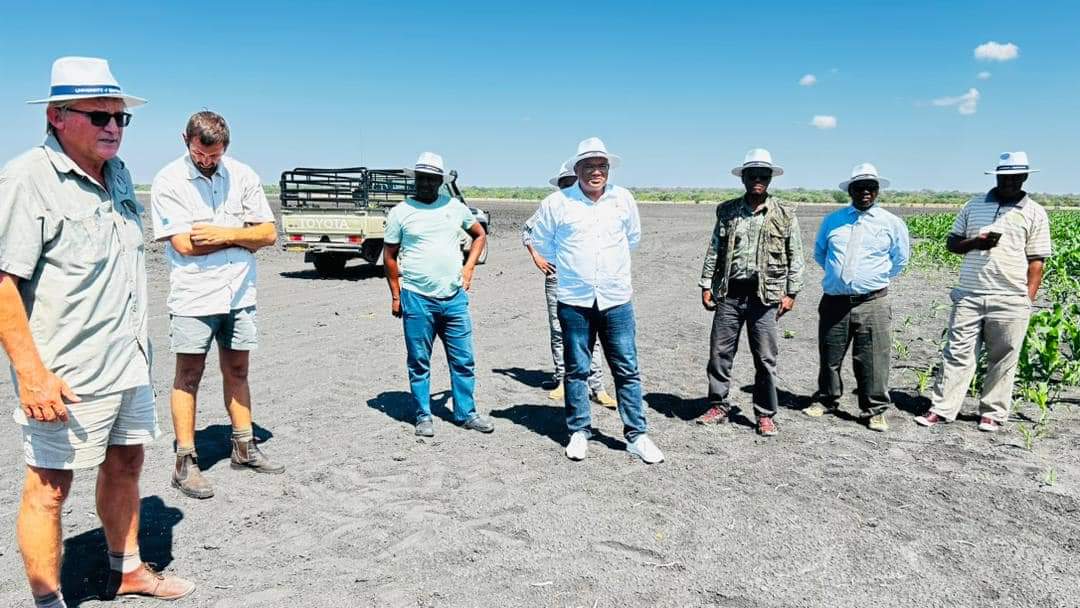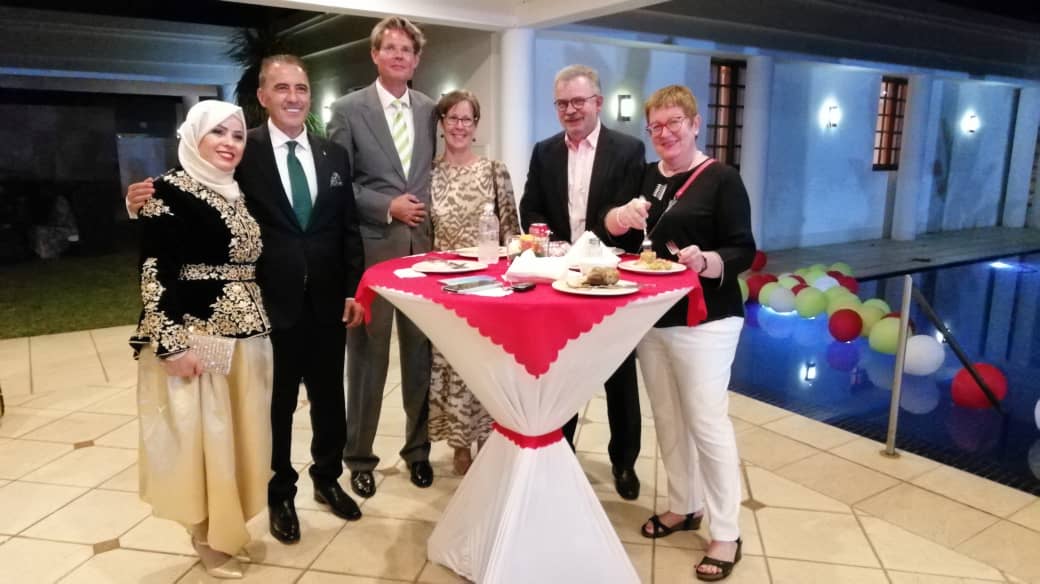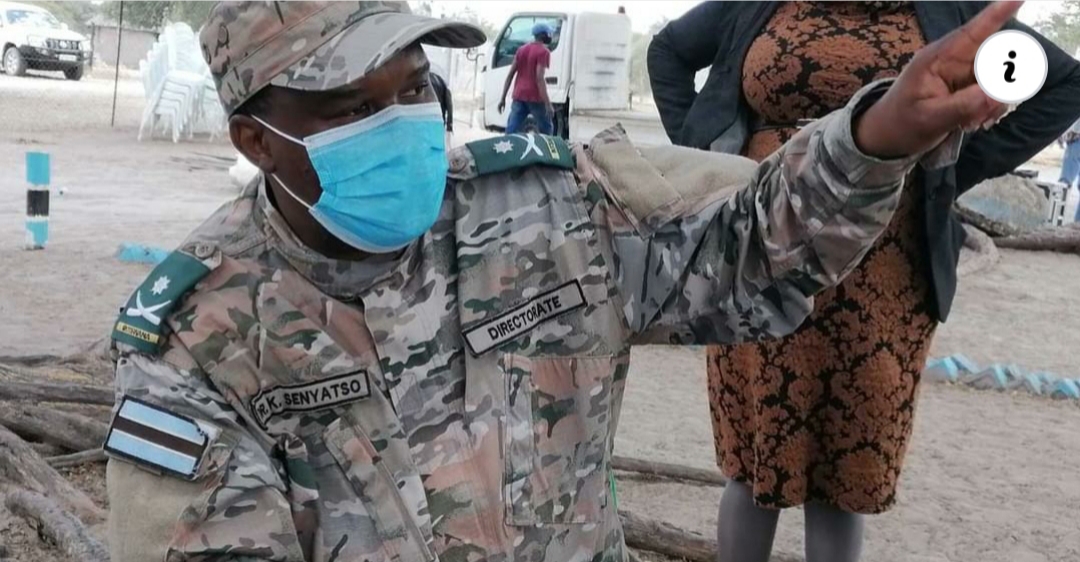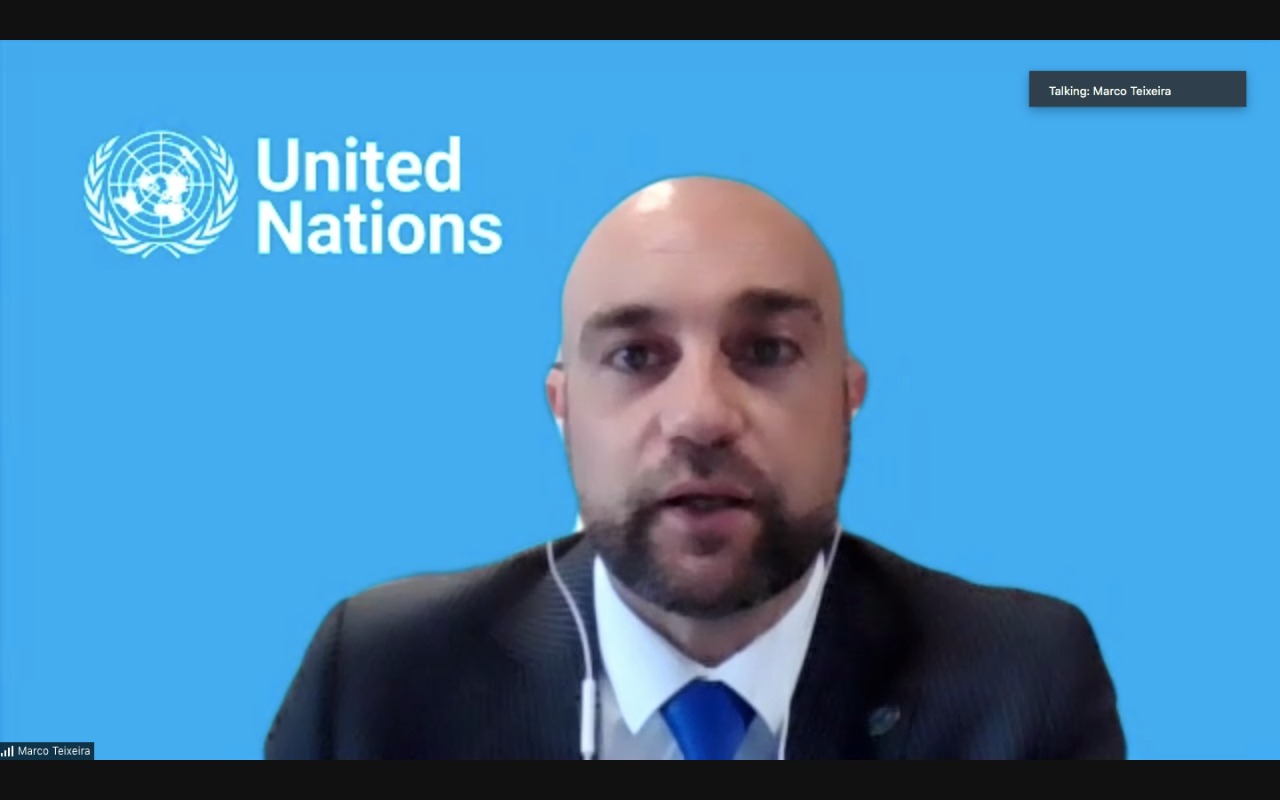
Marco Teixeira
The Pan Afrikanist Watchman
The United Nations Office on Drugs and Crime (UNODC) remains committed and available to support magistrates in the SADC region, in advancing the important work of adjudicating cases of Gender Based Violence in the region.
This commitment was reiterated by the Officer- in -Charge in the UNODC, Marco Teixeira at the close of the virtual stakeholder consultation meeting with Magistrates on the Development of a SADC Model Law on Gender Based Violence within the SADC Region, hosted by the SADC Parliamentary Forum and UNODC ROSAF on the 24th of September 2021.

Teixeira added that the participation and contribution of the magistrates in the proceedings of the consultation had been most useful to enriching the Model law, which will be instrumental in providing a “foundation and reference” for magistrates in their adjudication of GBV cases in the Southern African Development Community region.
Teixeira added that the participation and contribution of the magistrates in the proceedings of the consultation had been most useful to enriching the Model law, which will be instrumental in providing a “foundation and reference” for magistrates in their adjudication of GBV cases in the Southern African Development Community region.
“Your subsequent approval and consolidation of the Model Law on Gender Based Violence is noted and sincerely appreciated”, Teixeira said.
Teixeira noted that it is self-evident that violence against women is a global problem with devastating effects on individuals, families and society.
In fact this violence is an obstacle to the achievement of the United Nations Sustainable Development Goals, in particular Goals 16 and 5 and the full realization of human rights.
SDG 5 speaks to achieving gender equality and empowering all women and girls. Its targets are to end all forms of discrimination against all women and girls everywhere; and to eliminate all forms of violence against all women and girls in the public and private spheres, including trafficking and sexual and other types of exploitation.
SDG 16 on the other hand is to promote peaceful and inclusive societies for sustainable development, provide access to justice for all and build effective, accountable and inclusive institutions at all levels.
Its targets are to promote the rule of law at the national and international levels and ensure equal access to justice for all; Develop effective, accountable and transparent institutions at all levels; Ensure responsive, inclusive, participatory and representative decision-making at all levels: Broaden and strengthen the participation of developing countries in the institutions of global governance: Ensure public access to information and protect fundamental freedoms, in accordance with national legislation and international agreements: and to Promote and enforce non-discriminatory laws and policies for sustainable development.
For these reasons, Teixeira said stronger efforts are required to protect women and girls and stop violence before it is too late.
But even where laws and policies are in place, Teixeira observed that responses by authorities as Magistrates, needs to be improved and better coordinated.
Teixeira highlighted that legislation is the primary means for States to guarantee human rights, hence the SADC Model Law on GBV needs to be “owned, and become a living document, and that will subsequently benefit the people”.
And since adjudication of Gender Based Violence falls within the purview of Magistrates, Teixeira shared these practical proposals with them:
At the end, Teixeira thanked the technical team, for their diligent work in drafting the Model Law, as well as the SADC Parliamentary Forum for the strong partnership and leadership demonstrated by Secretary General Ms. Boemo Sekgoma in this process.
The Gender Based Violence Regional Programme is funded by the Austrian Development Agency.






